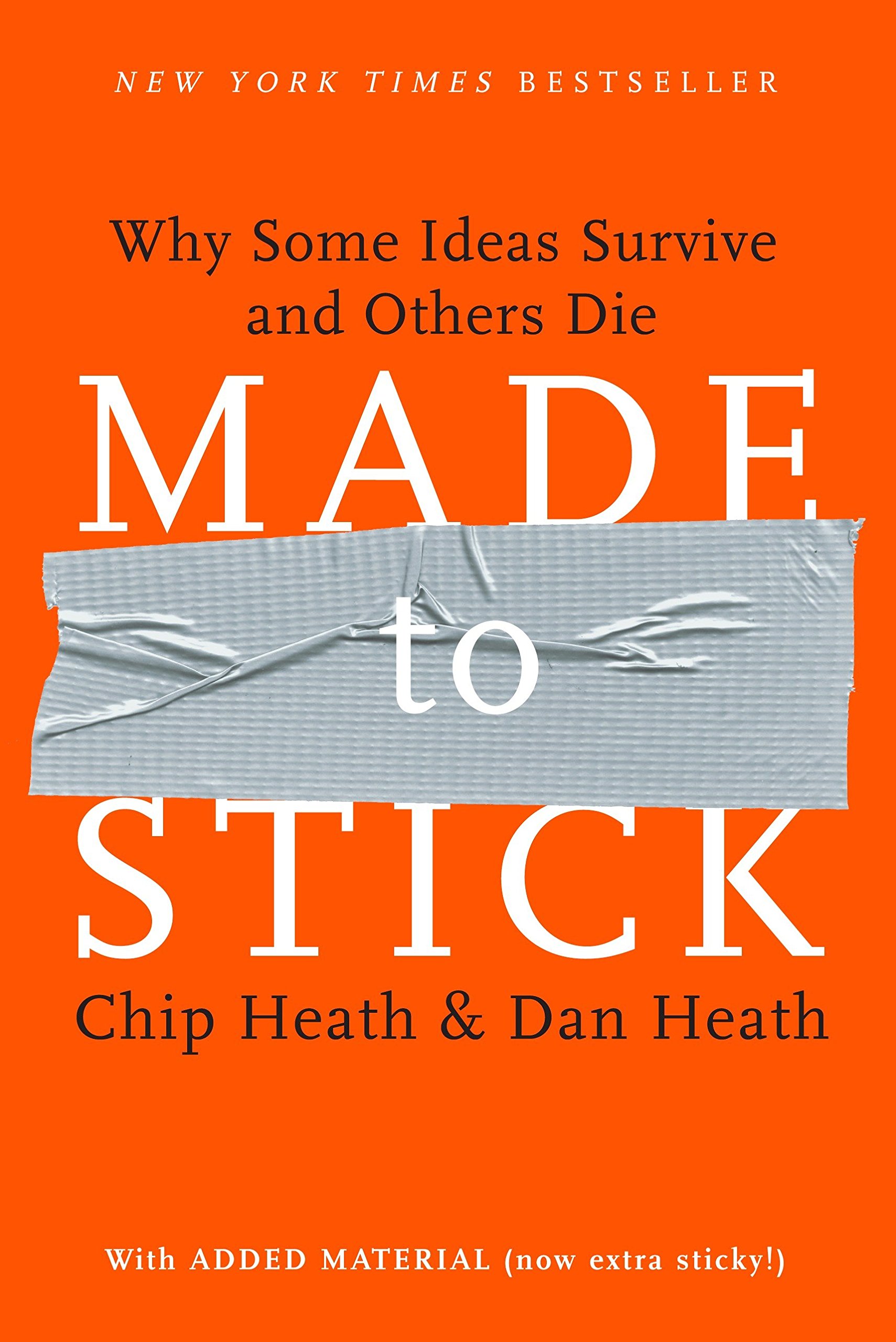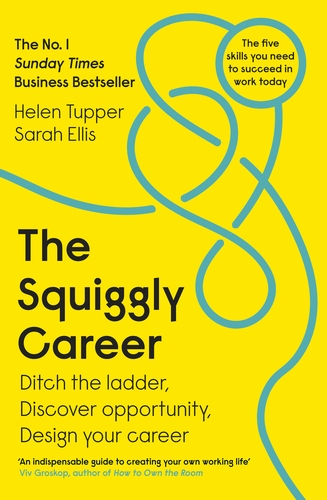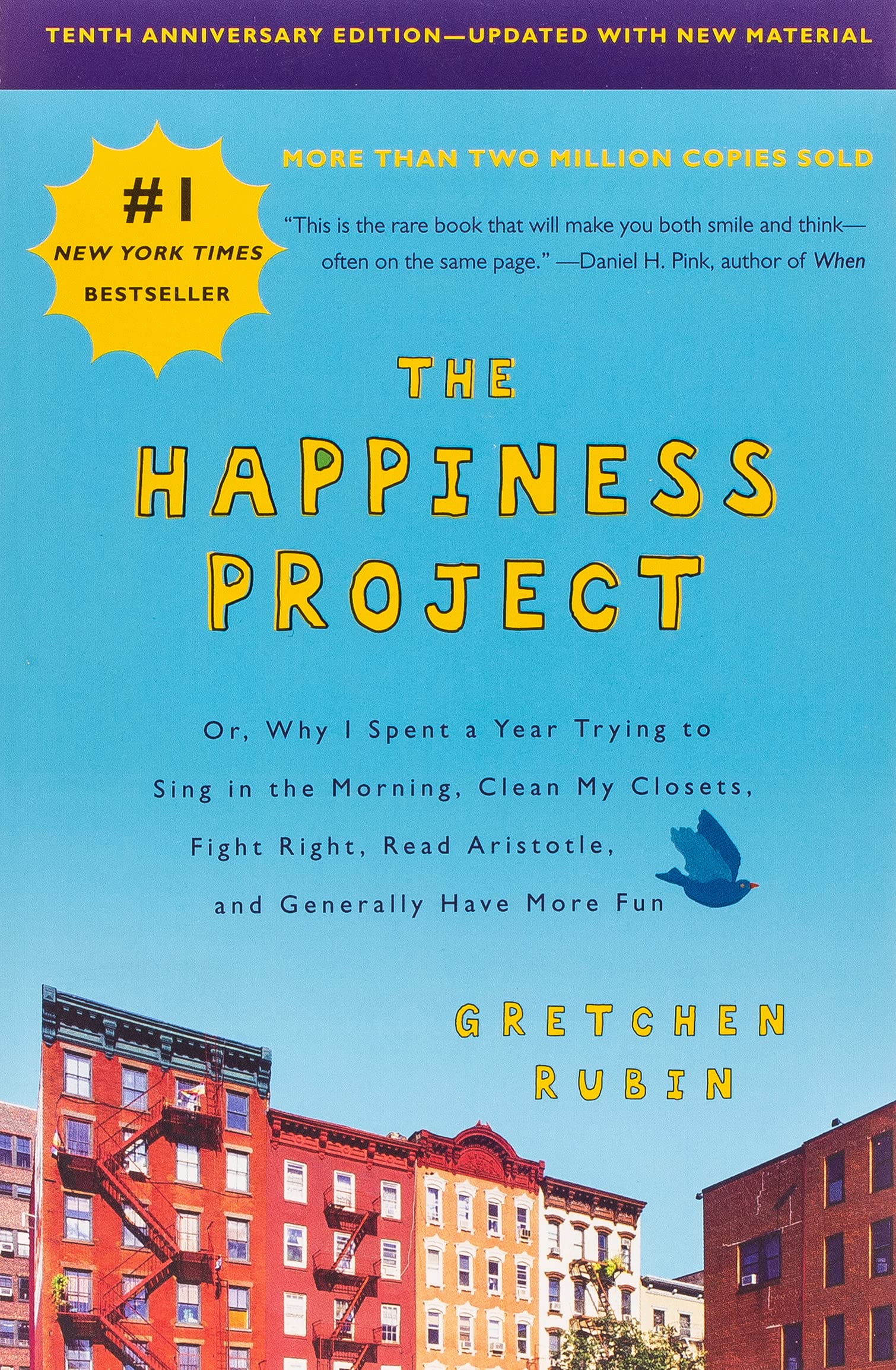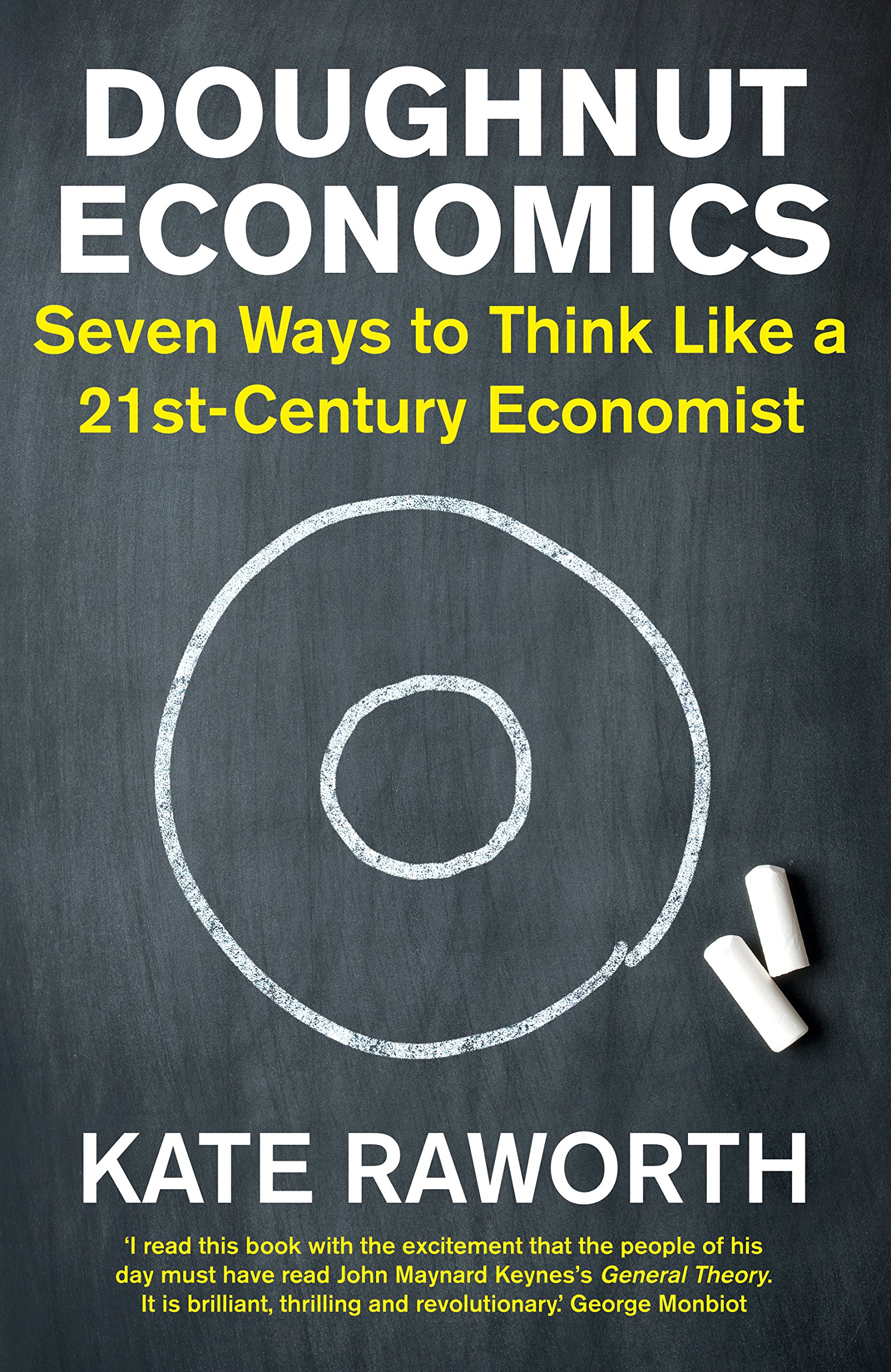What makes people remember your message?
Made to stick is another excellent, focused book from the Heath brothers. They discuss what makes ideas memorable, which has many direct implications for marketing.
The lead reason for not making good messages is because you have too much knowledge. You can’t ‘unsee’ from your perspective. The tendency is then to make a complex message that requires your in depth understanding to appreciate.
Six factors associated with ‘sticky’ messages:
1. Simplicity: distilling a essence of the message (i.e. when you can remove no more without losing value)
- It must be the most important idea
- Write like the ‘lead’ on a story but often get buried in the detail
- You may need to initially compromise on accuracy in order to get a simple, useful message
- Proverbs are good examples
2. Unexpectedness: present an aspect of your core message that does not fit with the schema of the audience
- Then fill the space
- It doesn’t have to be a surprise; create a knowledge gap or use mystery
3. Concreteness: explain in basic terms of human action
- Experts use abstract concepts that are not accessible to non-experts
4. Credibility: messages can be supported by external or internal sources
- External from experts or anti-experts
- Internal from details or statistics (though make sure to us a scale that is relevant); or use the audience to test your claim (e.g. ‘have a look for yourself’)
5. Emotions: evoking an emotional response is useful
- Use stories of individuals, not just numbers;
- We often underestimate how effective it is to appeal to the higher levels of Maslow’s hierarchy
6. Stories: encourage the listener to visualise taking part in your message through use of a story
- Three types: challenge (overcoming adversity), connection (bringing together unlikely groups), and creative (novel idea that inspires)
- They help get around use of abstract concepts by making it more concrete
Much of this may seem obvious once written out. However, it is particularly easy to think that the knowledge problem doesn’t apply to you or in this situation. It may take someone external to a project to identify just how difficult it is for a non-insider to access your work.
More books like this:
- Purple cow by Seth Godin
- Hook point by Brendan Kane
Useful links:




